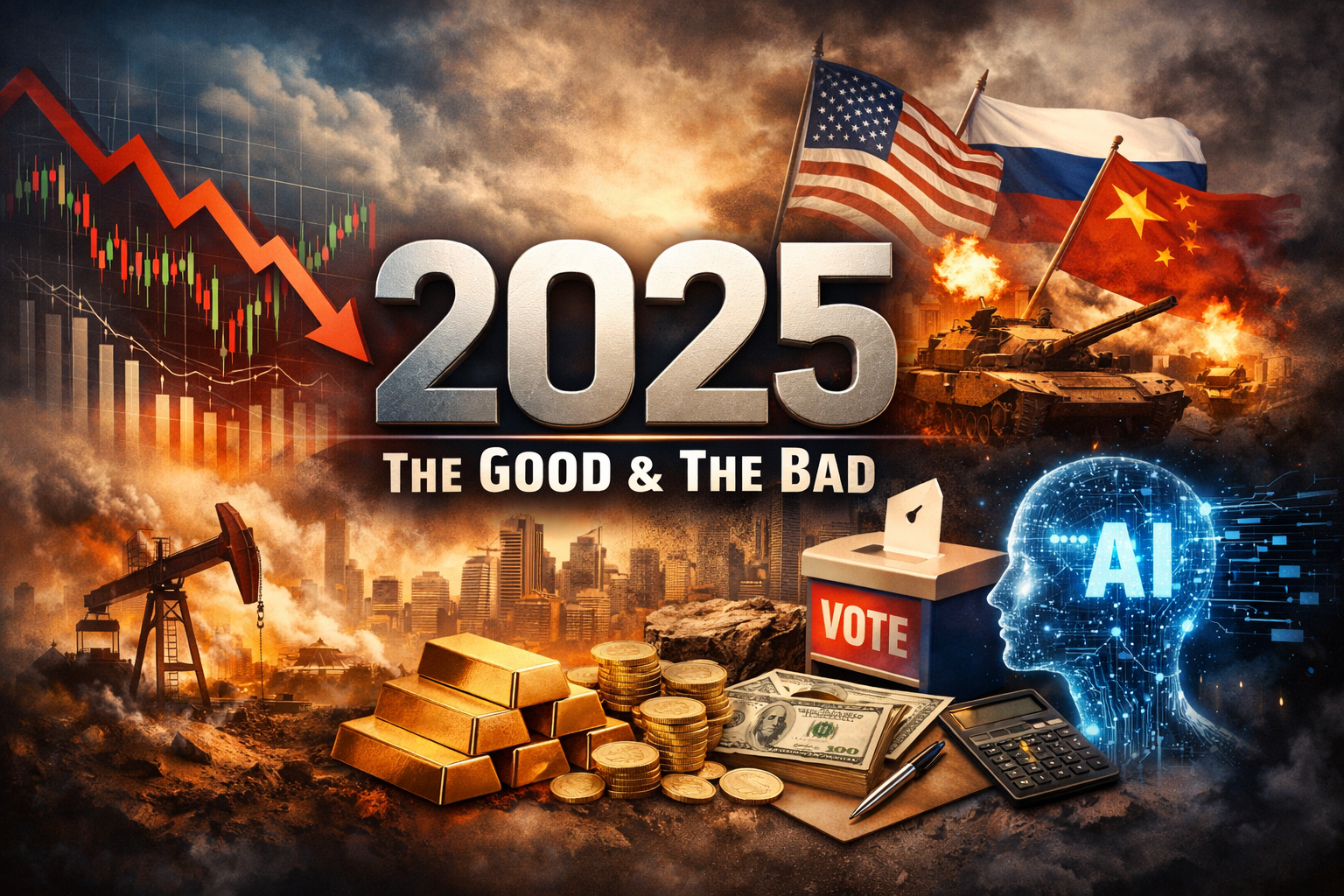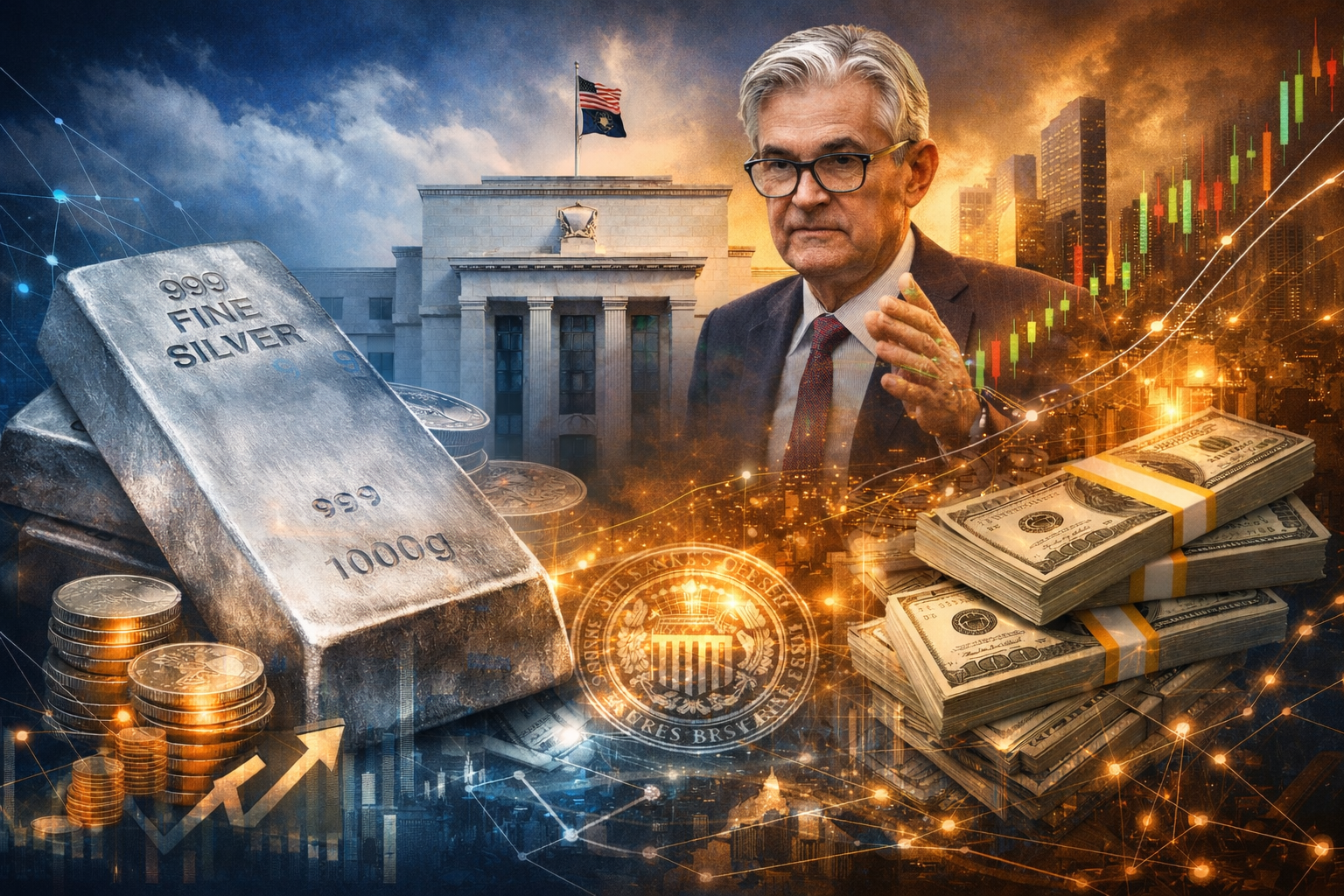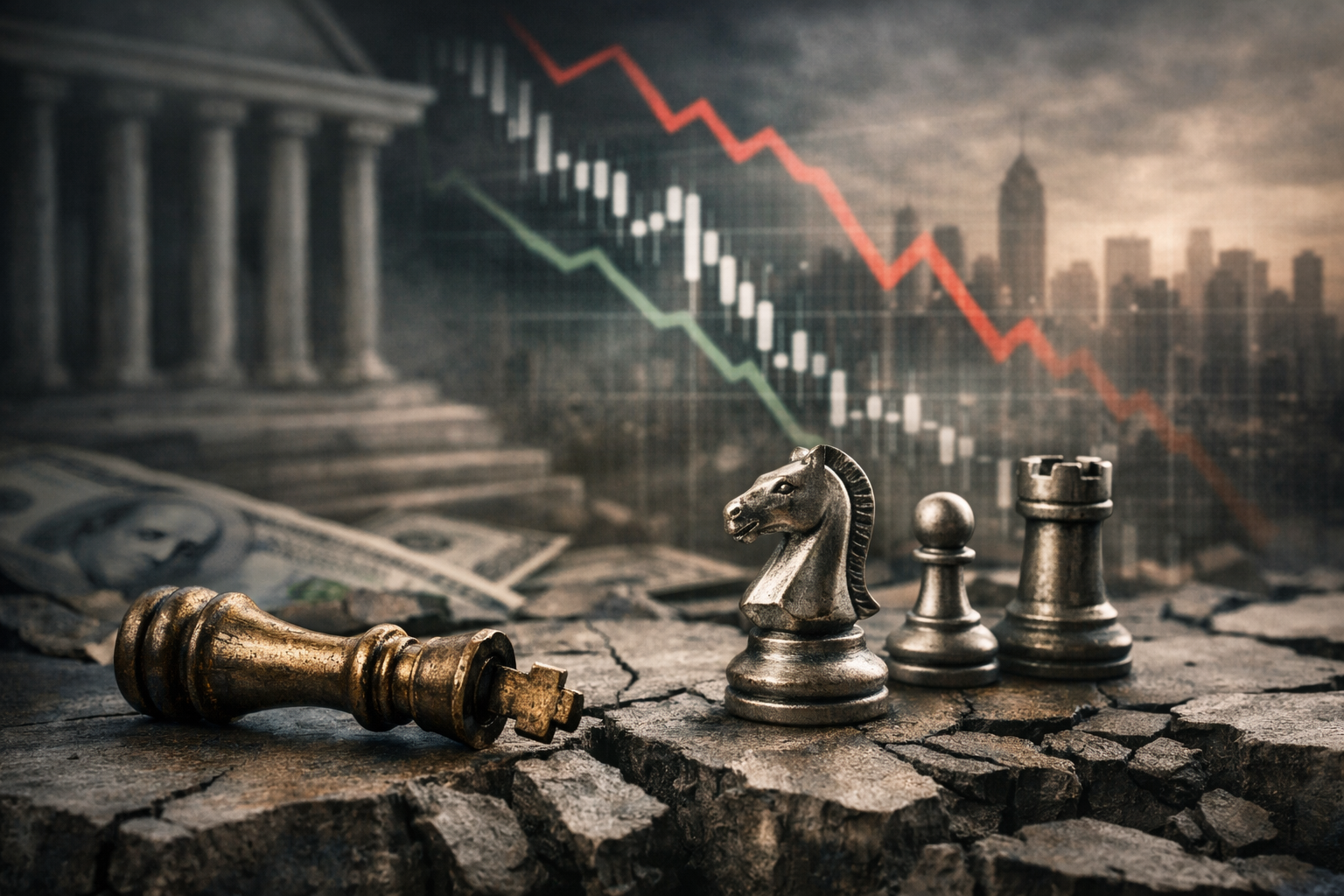Justice, Power, and the Pursuit of Truth
What Nietzsche Might Say About Today’s Market
We live in an era where buzzwords like “fairness,” “justice,” and “equality” are frequently applied to everything — from social policy to taxation to market regulation. But one 19th-century philosopher might caution us not to accept these terms at face value.
Friedrich Nietzsche, the iconoclastic German thinker, had little patience for moral posturing and even less for institutions that masqueraded as neutral arbiters of justice. In fact, Nietzsche would argue that most modern systems of "justice" are little more than a sophisticated form of resentment dressed up in law books and courtrooms.
In his Genealogy of Morals, Nietzsche explains that many of our deepest convictions around right and wrong stem not from objective truth — but from power struggles, especially between the strong and the weak. What we call justice may, in fact, be the weak finding clever ways to restrain the strong. In his framework, punishment, morality, and law aren't built on enlightenment — they’re built on control.
What does this have to do with investing?
Everything.
In today’s markets, there’s a prevailing belief that the system is fair, that central banks have our best interests at heart, and that inflation and asset bubbles are manageable — even virtuous. But to quote Nietzsche loosely:
“Every system of morality is a tyranny in disguise.”
Consider the Federal Reserve and its ever-growing influence on capital markets. Trillions of dollars have been printed, interest rates manipulated, and asset prices driven to extremes — all in the name of stability and justice. But ask yourself: Who benefits from this definition of stability? It’s certainly not the retiree with fixed income, nor the first-time homebuyer.
Nietzsche challenges us to pierce the veil of herd thinking — to question the narratives we’re being fed and the institutions we blindly trust. Markets today are flooded with easy money, rampant speculation, and a moral narrative that suggests, “Don’t worry — we’ve got it under control.” But Nietzsche would see that as dangerous complacency — the kind that precedes collapse.
He would likely applaud those who step outside the herd, who dare to think independently, and who prepare — not by following the crowd, but by seeing through the illusion. True justice, in his mind, wouldn’t be equality of outcomes. It would be the freedom to act with clarity, strength, and courage, despite the noise of the masses.




